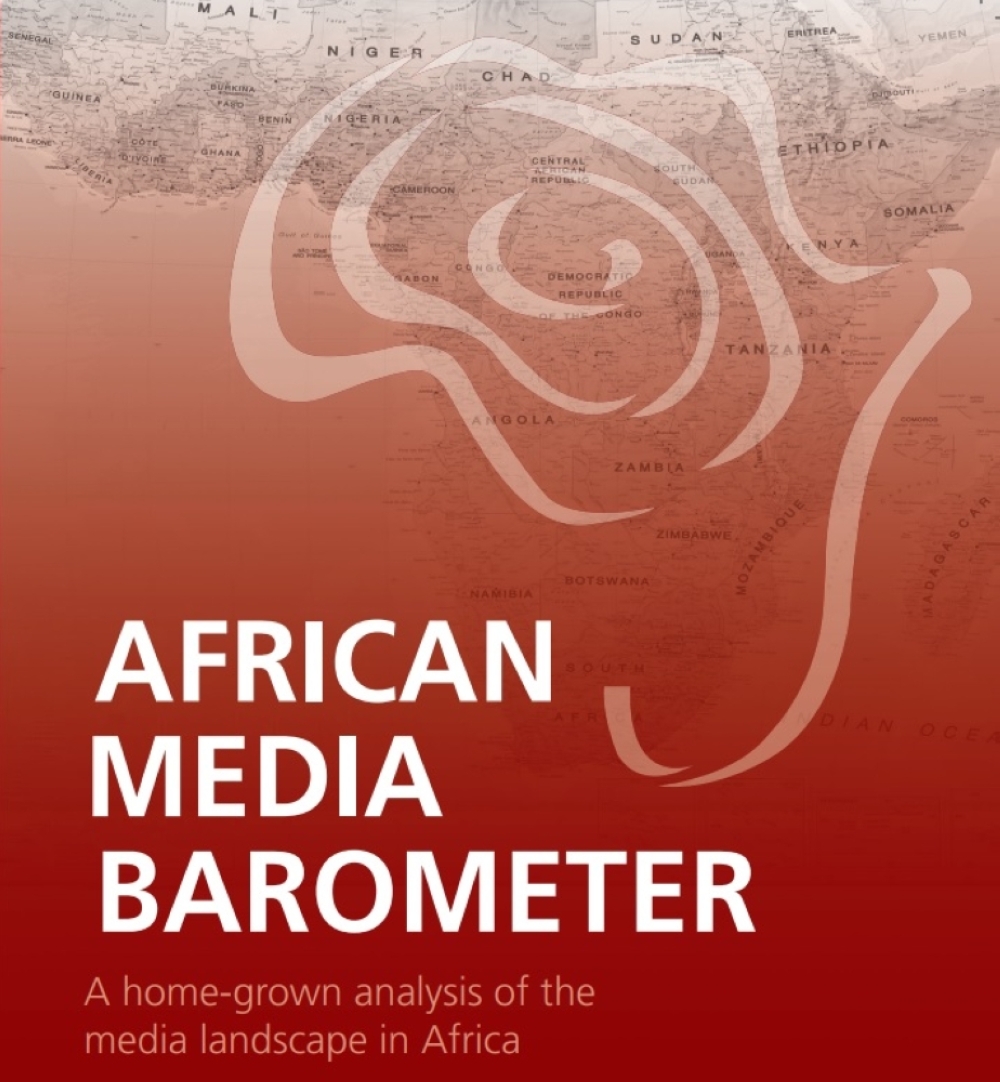FES Namibia launches latest African Media Barometer Report
The Friedrich Ebert Stiftung (FES) Namibia office together with its regional media project fesmedia Africa, launches the Namibia 2022 AMB Report on Wednesday.The panel of experts to discuss the results from the report consists of media professionals from various media sectors and are Frans Nghitila (Director for print Media Affairs, Ministry of Information and Communication Technology (MICT)); Tangeni Amupadhi (Editor, The Namibian
Newspaper); Frederico Links (Research Associate, Institute of Public Policy Research (IPPR)); and Jemima Beukes (Journalist, The Namibian Sun).
The AMB is the flagship project of fesmedia Africa, the regional media project of the Friedrich-Ebert Stiftung (FES) for Sub-Saharan Africa based in Namibia. It was developed in 2004, in partnership with the Media Institute of Southern Africa (MISA). Since 2005, the AMB has been conducted in more than 32 African countries. In Namibia, the AMB has been conducted six times since its inception, with this being its 7th edition.
The AMB is an in-depth and comprehensive description system of national media environments on the African continent based on home-grown criteria derived from African Protocols and Declarations like the Declaration of Principles on Freedom of Expression in Africa (2002) by the African Commission for Human and People’s Rights (ACHPR), making it a home-grown index. The main objective is to monitor developments in the media and democratic processes at country and regional levels and provide platforms and tools for dialogue among stakeholders.
Several press freedom and access to information campaigners have used the AMB over the past two decades to advocate and lobby for reforms and enactment of laws that promote enabling environments, a robust and free press, freedom of expression, and access to information with varying degrees of success and impact.
The AMB has been referenced in academic research, policy advisories, advocacy papers, as well as studies or important analyses of the media landscape in Africa by multilateral institutions and international non-governmental organisations.
According to fesmedia’s public relations coordinator, Khadijah Muntjintja, they believe that the AMB will be helpful for all stakeholders, including journalists, academics, civil society organisations, lawmakers, and governments who wish to draw lessons from other countries and juxtapose them with lessons from home to improve the media landscapes.
“We hope this publication will find its way into the hands of change champions who will use it to bring about the change desired by citizens,” she said.



